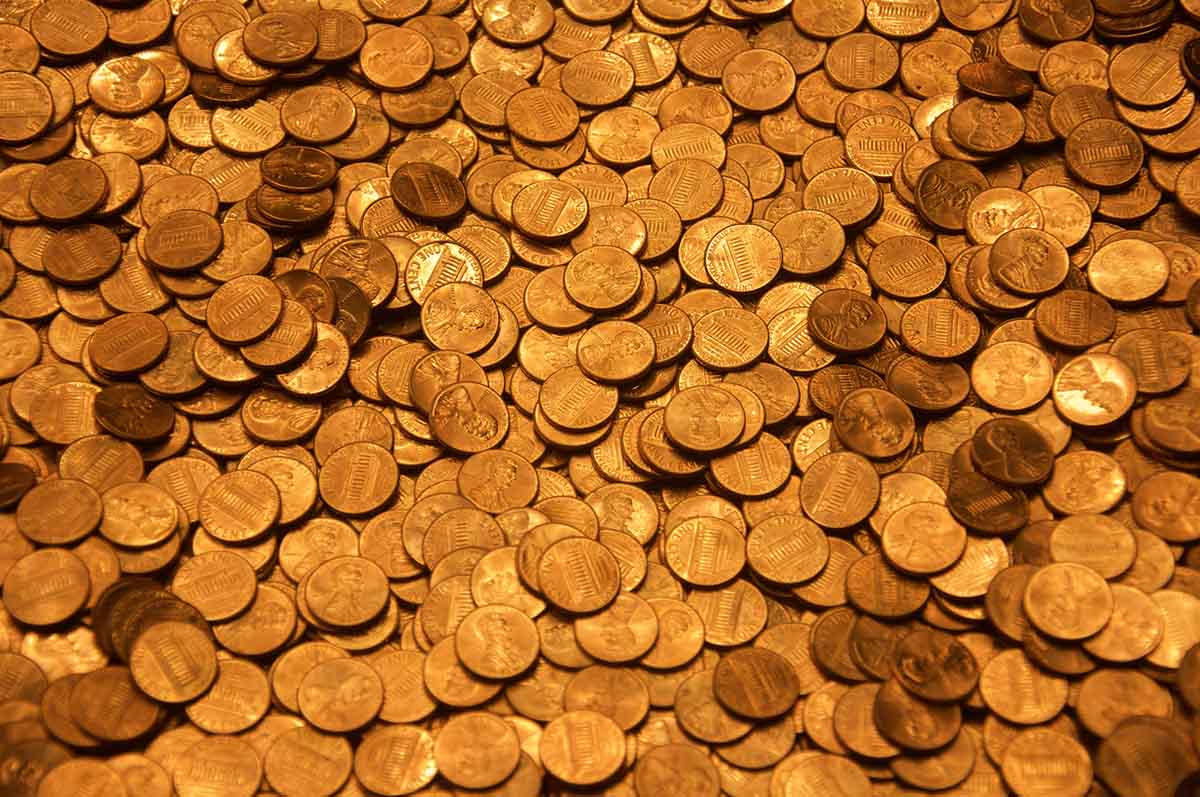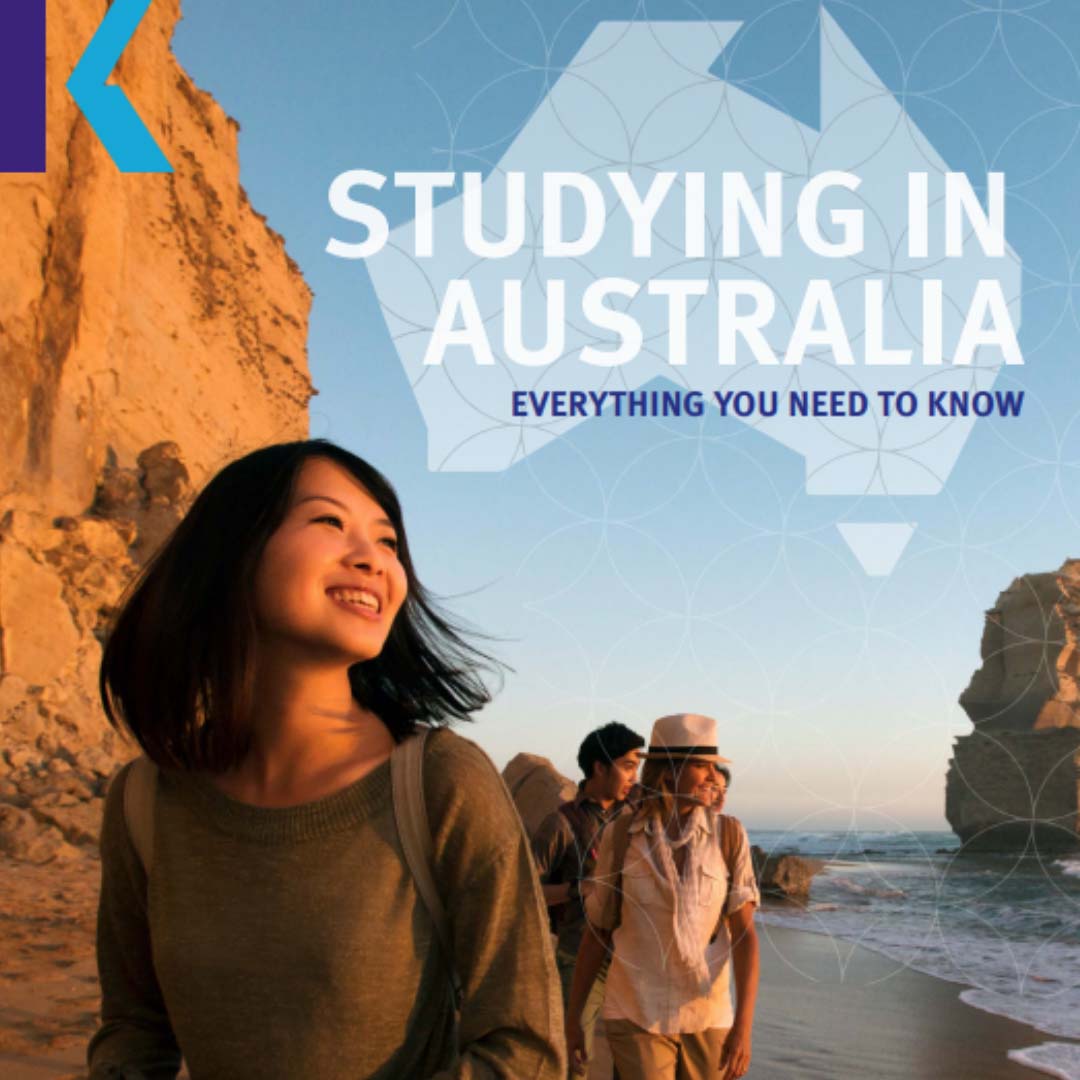How to save money as a student in Australia
Moving to a new country to study is very exciting. You will meet new friends, try out new restaurants and experience new things. However, there is something else you need to consider – the living costs.
Even though living costs have risen in Australia, you can budget and adjust your spending habits to ensure you can pay your bills on time and save money. In this blog, our KBS students will share their methods of how they save money in their Australian city.
How to save money as a student by city
SYDNEY

Kamashi Sharma, Nepalese
MBA
1. Choose a room share further from the city
In Sydney, student accommodation and studio apartments in the city are more expensive. I found that living in the Western Sydney suburbs is more affordable. Apartments that are close to the train station are more expensive, but prices are better within a 5–8 minute walking distance. Living in a shared apartment will help you save money. You can look at student accommodation websites to compare prices and locations.
2. Buy groceries on the weekday and make a checklist
I found weekday prices are cheaper than the weekends. It is the best way to make a checklist of essential items to buy before shopping for groceries to limit purchasing unnecessary products. Storing vegetables in the freezer will make them last longer and avoid food wastage.
3. Compare prices
Compare the same product in different stores and apps. There are sales throughout the year (e.g. Mid-Year sale, Black Friday, Boxing Day).
4. Social gatherings at home
Being international students, we like to explore more and more places and restaurants which increases living costs. Reduce the number of times you dine out and cook together with your friends at home. Bring food from home instead of buying from food outlets at university.
5. Catch public transport or walk
Catch public transport or walk instead of catching a taxi or Uber. If that’s not possible, try to share an Uber with your friends to split the cost. If you do drive, check the fuel rates to find the cheapest fuel near you.
MELBOURNE

Jissel Petallana, Filipino
MBA (specialisation in Project Management)
1. Stay at a student shared house or flat
If you want to live close to our campus and in the city, the most affordable option would be a shared house or flat. You can negotiate the bills for electricity, water, gas, and internet to be included in the rental fee. The further you are away from the city, the less expensive the rental fee will be.
2. Use public transport
Melbourne has an enormous public transit network which includes trams, trains and buses. Plan your travel so that you can use the train or bus during a non-peak period and free tram zones in the city. If possible, try to cycle or walk to your college.
3. Eat at home
In Melbourne, dining out is more expensive than eating in. Learn basic cooking skills so that you can prepare your meals at home. There are many recipes and cooking shows online to help you. You can bring your lunch to school instead of purchasing take-away which is more expensive.
Of course, it’s good to treat yourself now and then. If you are eating out, try to go with a group of friends so that you all can split the bill.
4. Buy groceries in bulk
Before you shop for groceries, make a list to ensure you get everything you need and to control any impulse purchases. Buy in bulk to save and take advantage of deals from Aldi, Coles and Woolworths such as ‘half-price’ discounts and ‘buy two for the price of one.’
5. Buy at sale time
Always compare prices and shop around for deals. Purchase when there is a major sale such as ‘Black Friday’ sale or ‘Mid-Year’ sale.
6. Go to free events
In Melbourne, there is always something you can go to for free such as relaxing at a park, going to local events where they distribute free food and goods, or visiting a free exhibition at the museum. If something is not free, be sure to check if they have student concessions rates so always keep your student ID with you.
ADELAIDE

Shina Shah, Indian
Master of Accounting
1. Catch public transport
Public transport is cheaper than driving a car. You will need to purchase a MetroCard which has a concession rate for students. It is free to use the tram in the city centre.
Adelaide is a very walkable city and easy to travel around by bike and scooter.
2. Choose room share or house share
Sharing a room in a house or apartment will keep rent manageable. Rent is more affordable outside the city. I recommend looking at North Adelaide.
3. Compare prices when buying food
Shop smartly and look out for cheaper food options across different supermarkets. I suggest looking at Coles and Woolworths in Rundle Mall and Drakes on Pulteney Street (near Rundle Mall) for a range of meals at a decent price. Try to cook at home as often as possible instead of eating out.
Food outlets often have lunch specials. Have a look at Adelaide Central Market, Chinatown and Gouger Street.
4. Attend free entertainment
There is so much to see and do in Adelaide that are free such as beaches, parks, museums, the Botanic Garden, and community events. You can visit the Adelaide Town Hall, Parliament South Australia, The Art Gallery of South Australia and The South Australian Museum – all have free entry. Visit the library for books, movies and other resources you can borrow at no cost.
PERTH

Marinel Hizona
Master of Accounting, Filipino
1. Choose room share or house share
If you want to live in the city, the weekly rent will be $250-$400 for a 1-bedroom apartment or $350-$550 for a 2-bedroom apartment. Selecting to room share or house share will help you lower your rental expenses. I stay in a 3-bedroom house and share the rent with two other students.
2. Get a casual or part time job
For job opportunities in Perth, you can use job search websites like Seek, or Facebook pages. You can work before, after, or in between classes, but I like working on weekends which offer a higher pay rate. I have 2 jobs. I make sure I save as much as I can and always evaluate my expenses.
3. Avoid eating out
Outside food can be pricey, so cooking at home saves money. You can access online food blogs to cook food from all different countries. To treat myself, instead of eating at a fancy restaurant, I buy a steak at the supermarket for less than $10 and add buttered veggies on the side.
Working while studying can be hectic so freeze any leftovers you have and heat them in a microwave when required to save time cooking.
When I need to go to campus, I usually bring food from home such as a sandwich for breakfast and a meal with rice for lunch.
4. Look for sales at the grocery shops
The grocery shops often have bargain prices on meat and dairy products in the late afternoon. Look out for ‘reduced to clear’ or ‘½ price ‘tags. I use a shopping list app to control any impulse buying for things I do not need even if they are on sale.
5. Catch public transport
In Perth, CAT buses are free to catch in the CBD. You can get on and off as many times as you like for free. I always carry my Transperth student card with me to get a 40% discount on bus and train rides.
6. Shop at Op shops
An Op Shop is short for Opportunity Shop and is also known as a Thrift Shop. Buying second hand clothes is cheaper. I can buy a decent jacket for $10 - $20.
I like going to Belmont, where there are Op Shops such as Anglicare WA, Salvos, Vinnies, and Good Sammy. I get to support the community (as the majority of the money the shop earns goes to charity) and reduce waste.
7. Compare prices for services
When I first arrived, I collected a welcome pack from the StudyPerth booth at the airport and it came with a free Optus SIM card for my phone. You can use this until you sign up with a telecom provider (telco) in Perth. The main telcos are Telstra, Optus, and Vodafone. After researching several providers, I signed up with TPG as their phone and internet plan gave me the best value with no lock-in period.
8. Free items and Free Activities
You can join online communities via Facebook that offer items for free such as study tables or even fresh fruits. I bought my computer chair in the Facebook Marketplace for only $10!
There are many free activities in Perth you can do such as visiting Kings Park and the Botanical Garden, walking through Fremantle (30 minutes from Perth), visiting the WA Museum, or reading books at Scarborough beach. Check online for upcoming free events such as WA Day Festival and Sculptures by the Sea at Cottesloe.
BRISBANE

Keunchok (KC) Choden Dorji, Bhutanese
Master of Business Analytics
1. Buy at a Farmers Market
Fresh fruit and vegetables at a local Farmers Market is cheaper than buying from Woolworths, Coles or other grocery stores. Locations include Kelvin Grove, West End, Milton and Southbank.
2. Shop at a thrift store or garage sale
At a thrift store (such as Vinnies, Retro Metro or Red cross shops) or garage sale you will find good quality second-hand furniture, clothes, and other items. You may get lucky and find new items too!
3. Use public transport with the go card
The go card has student concession rates for public transport. Normally, a trip from the city to Alderley for an adult would cost around $4 but for students on the go card it will only cost around $1.50.
4. Live in a shared house
Living in a shared house is a good budget option instead of searching for a studio apartment and paying the rent all by myself.
5. Take advantage of Student Discounts
Many businesses such as restaurants, retailers and entertainment venues offer student discounts. Always carry your student ID card and ask for discounts wherever possible. I was able to get a discount for the Wheel of Brisbane, a Vodafone sim card, and items from Officeworks, Sephora, Cotton On and Myer.
6. Research on Gumtree and Facebook marketplace
On Gumtree and Facebook Marketplace you can find everything from second-hand items, casual jobs to accommodation. I found the share house I’m living in now on Gumtree.









